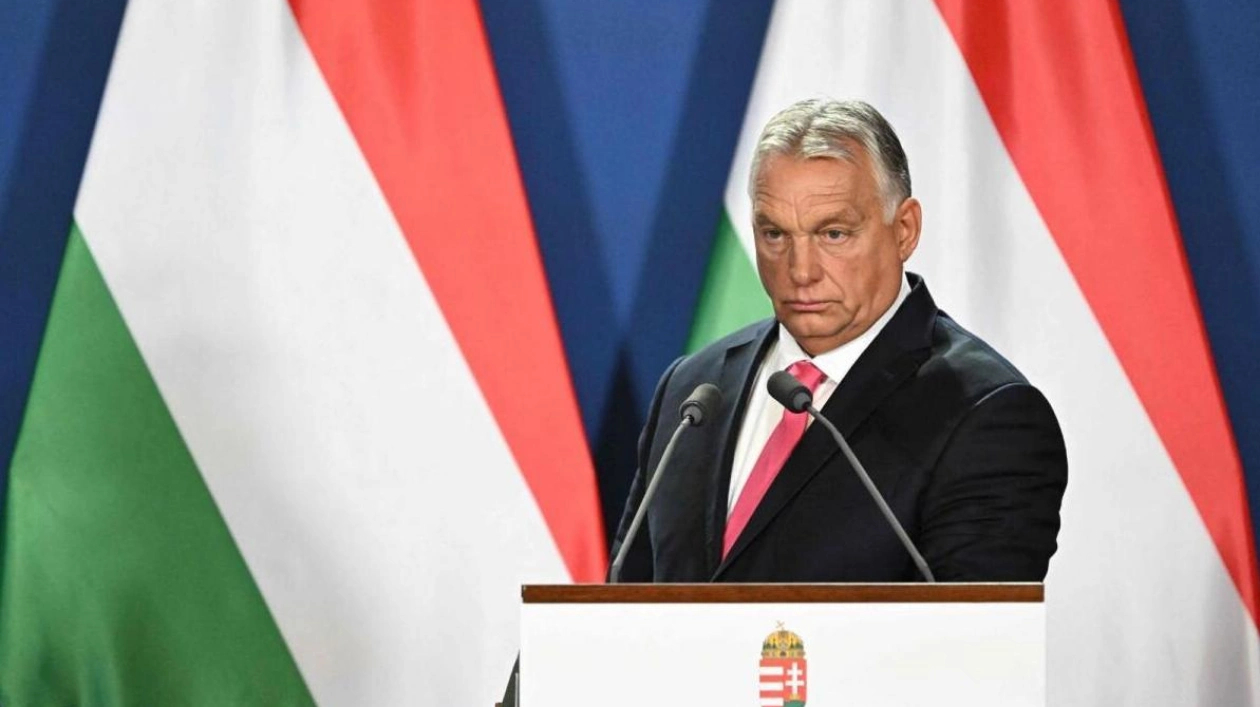Hungary is targeting economic growth in the 3% to 6% range for next year, according to Prime Minister Viktor Orban, as his government works to recover from a slower-than-expected rebound following last year’s inflation-driven recession. Since taking power in 2010, the long-serving nationalist leader has faced challenges in revitalizing Hungary’s economy after inflation surged to over 25% in the first quarter of 2023, the highest in the European Union.
The National Bank of Hungary, which lowered its base rate by 25 basis points to 6.5% on Tuesday, has also revised its economic growth projections downward. The bank now forecasts growth between 1% and 1.8% this year and 2.7% to 3.7% next year, significantly lower than previous estimates. “We need to boost economic growth into the 3% to 6% range,” Orban stated at a conference, adding that Hungary could achieve this level as early as next year and maintain it through 2026, aiming for the upper end of the range thereafter.
Orban emphasized the need for disciplined fiscal policies but reiterated a promise to double tax benefits for families and implement a significant capital injection program for small businesses in 2025. Hungary’s budget deficit has averaged nearly 7% of GDP since the Covid-19 pandemic, and Moody’s forecasts a shortfall of 5.5% of GDP this year, despite recent government efforts to reduce the gap.
In preparation for the 2026 parliamentary election, Orban announced the creation of a new ministry to oversee the economy and state finances, as well as the nomination of a new central bank governor to replace former ally Gyorgy Matolcsy. Finance Minister Mihaly Varga is widely expected to succeed Matolcsy early next year, while Economy Minister Marton Nagy, a former central banker, could lead public finances under a merged ministry.
Zoltan Arokszallasi, an economist at Hungary’s MBH Bank, highlighted the potential risk of a dovish policy shift under the new leadership, given Hungary’s position as the EU country with the highest benchmark rate alongside Romania. “The question is whether monetary policy could become significantly looser next year,” he noted in a report. “A rate cut that surprises the markets could weaken the forint, potentially exacerbating inflation.”






